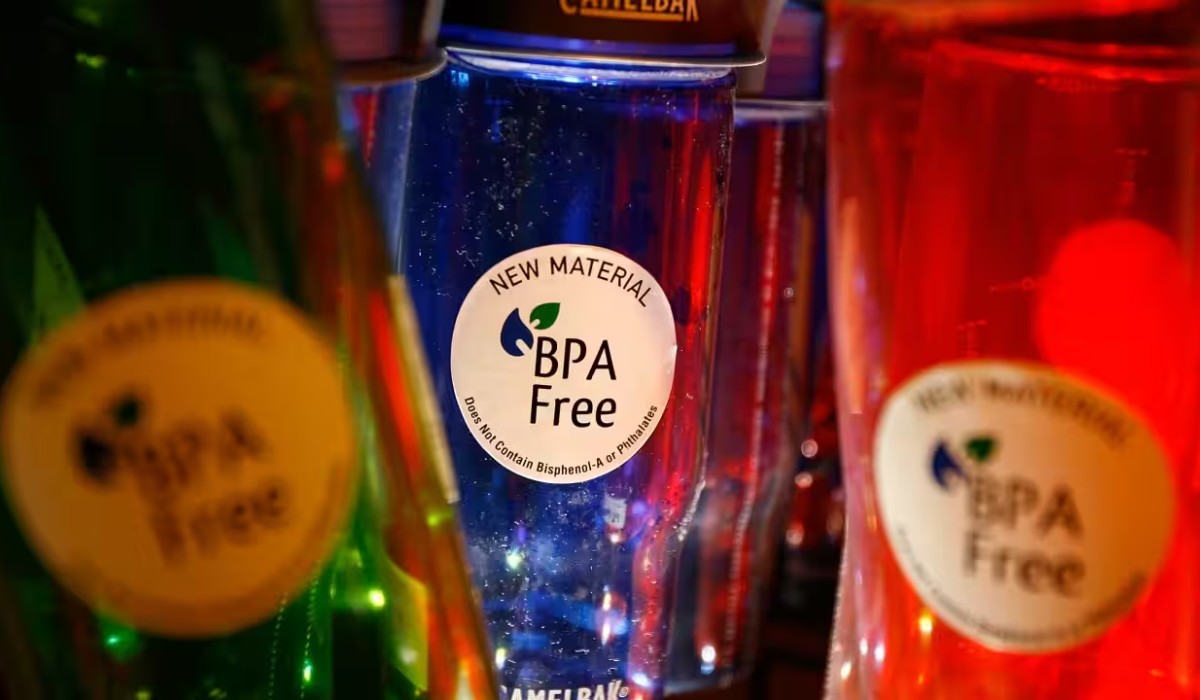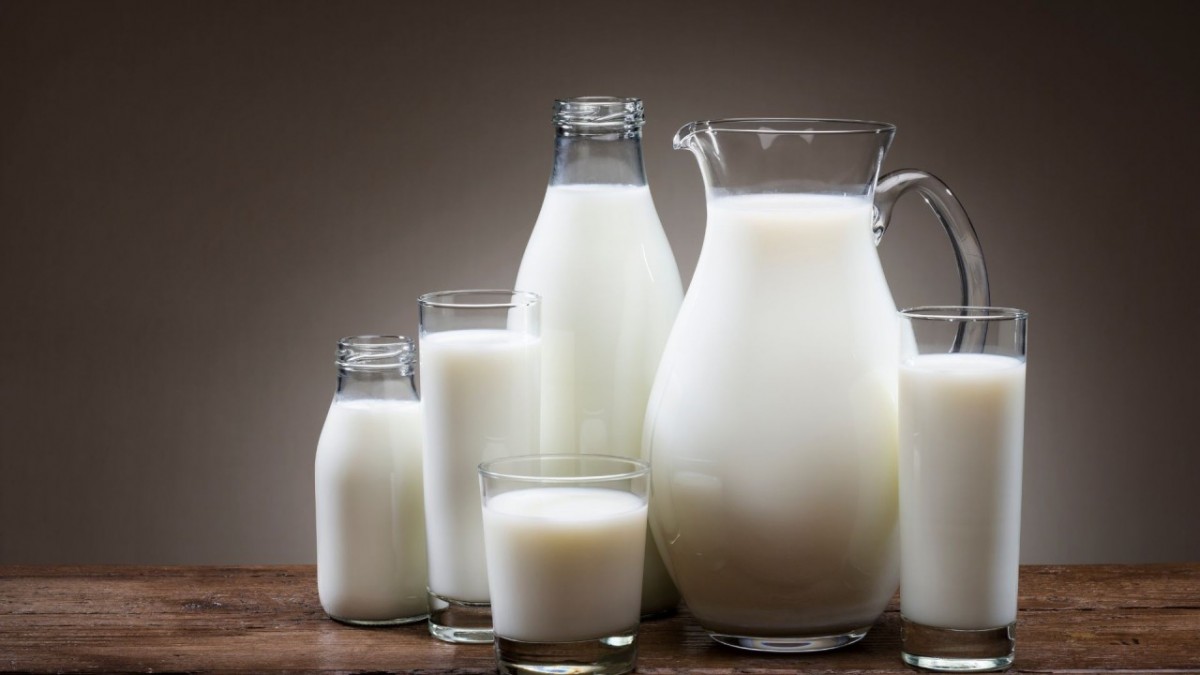In today’s health-conscious society, consumers are becoming increasingly aware of the potential risks associated with certain chemicals found in everyday products. One such chemical that has garnered significant attention is Bisphenol A, commonly known as BPA. Often seen on the labels of plastic bottles and containers, the presence of BPA has raised concerns about its impact on human health. Let’s explore the significance of BPA-Free labeling on bottles.
Also Read: How Your Body Works as an Internal Alarm Clock
Examining the Health Risks and Usage of BPA in Plastic Production
BPA is a chemical compound used in the production of plastics and epoxy resins. It is widely utilized in the manufacturing of food and beverage containers, including plastic bottles, food cans, and even receipt paper. While BPA serves its purpose in making plastics sturdy and durable, its potential health risks have prompted a closer examination of its use.
Also Read: Noida Man Books Auto For Rs 62, Ends Up Receiving Rs 7.66 Crore Bill
Research has indicated that BPA can leach from containers into the food or beverages they hold, particularly when exposed to heat or acidic or high-fat foods. This leaching process raises concerns about the ingestion of BPA and its potential effects on human health. Studies have suggested that BPA may disrupt hormones and have adverse effects on reproductive health, development, and metabolism.
Also Read: From antibiotics to painkillers, these medicines to get expensive from today
Understanding the Significance of BPA-Free Labeling
In response to these concerns, many manufacturers have begun producing BPA-free products. These products are made without the use of BPA in their manufacturing process, offering consumers an alternative that reduces the risk of exposure to this chemical. BPA-free products are especially prevalent in the market for bottles and food containers, where consumers seek safer options for storing food and beverages.
Also Read: China renames 30 locations in latest move to assert claim over Arunachal Pradesh
The labeling of products as “BPA-free” provides reassurance to consumers who prioritize their health and well-being. By choosing BPA-free products, consumers can make informed decisions about the items they use daily, minimizing their exposure to potentially harmful chemicals.
Also Read: Indian Navy saves 23 Pakistani crew from hijacked Iranian vessel
In conclusion, the presence of BPA in everyday products has sparked concerns about its impact on human health. However, the availability of BPA-free alternatives offers consumers a safer option for storing food and beverages. By understanding the importance of BPA-free products and making informed choices, consumers can prioritize their health and reduce their exposure to potentially harmful chemicals.
Also Read: Must-Visit Beaches in Maharashtra: A Coastal Paradise











